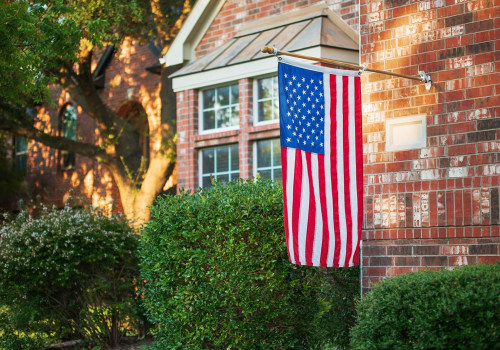It is not uncommon for couples, whether married or not, to start using drugs or alcohol together. However, each person makes their own decision to use. It is possible to enter drug rehab together, and it is possible to overcome drugs and alcohol as a couple. Although 12-Step may not be for everyone, there is something encouraging about being around a group of people who “get it”, and your partner may be able to meet some friends who understand where they are coming from. I had quite a few expectations about how my partner should support me, and when he didn't meet my expectations, I felt like our relationship was doomed to fail.
My partner and I had been together 11 years before we stopped drinking, but for whatever reason, I thought we both should be able to automatically adapt to this different life. I had spent so many of those years hiding my drink and being dishonest about my wants and needs. It was going to take time and work to undo all that damage. Yes, it's possible, but it's also a challenge. Being sober on your own is hard, so being sober together can be even harder.
However, if both of you are engaged, are on the same page and are willing to get the job done, quitting alcohol or cutting down on alcohol consumption is a journey that you and your partner can undertake together. When alcoholics mix in a relationship, a codependent partnership to pursue and drink alcohol cancels out much better experiences that couples might otherwise have. It's possible for two people who are ready for change to get sober without breaking up. In fact, sobriety is exactly what alcoholic relationships need to truly discover the potential of partnership and mitigate the problems that cause breakups. Don't be afraid that you'll automatically break up when you and your partner are sober.
Instead, consider this life change as a fresh start and a good fortune to have a close teammate on your journey of sobriety. Your relationship should be stronger than ever when the right attitudes, friends and habits replace alcohol. A relationship has to do with give and take. If one partner is taking more than they are giving, it won't work. However, if both people are truly committed to their sobriety, you may find that the connection between you will grow stronger, not weaker. Recovery, as any sober person can attest, is hard work; and like any form of hard work, a little help goes a long way.
Some of that help comes in the form of aftercare support, such as 12-step groups and Alcoholics Anonymous, but the investment and commitment of others in the person's life is very helpful. This means that friends and family should, when possible, participate in activities that the person deems most beneficial to recovery. By extension, the presence of an important couple will also be a hugely firming and inspiring boost to the person's sobriety. A moderate drinker shouldn't have to stop drinking to be with a sober person, but understanding that there are some unique aspects of dating someone in recovery — such as temporarily disconnecting from some activities and participating in others (such as attending support group meetings) — will set the foundation for a relationship healthy and prosperous. Any relationship requires sacrifice and commitment.
A relationship between someone who likes to drink (and gets drunk on occasion) and someone who can't drink at all will have to strike a very delicate balance between giving and receiving. Sometimes, the two partners will need to have different plans for a night. Sometimes the sober couple will have to prioritize sobriety over the relationship. There is no guarantee that sober dating will always be fun or easy; but if both partners are willing to make it work, then they can find true happiness in each other. But in many situations, it's really possible to stay sober and still stay in a relationship with someone who isn't sober.
If you've become sober but your partner isn't ready to quit smoking, setting healthy boundaries and communicating clearly are key to successfully staying sober. These kinds of healthy boundaries in recovery are essential to maintaining sobriety while living and socializing with others who aren't sober. That feeling can be a drug in itself, one that is not found in sober life (and especially not in sober relationships). As most people in recovery will say, being sober involves living in a world that isn't, and a dating scene that is intrinsically linked to drinking alcohol to make things happen. However, the caveat is that both partners must treat their alcohol addictions and commit to a sober life in the future.




